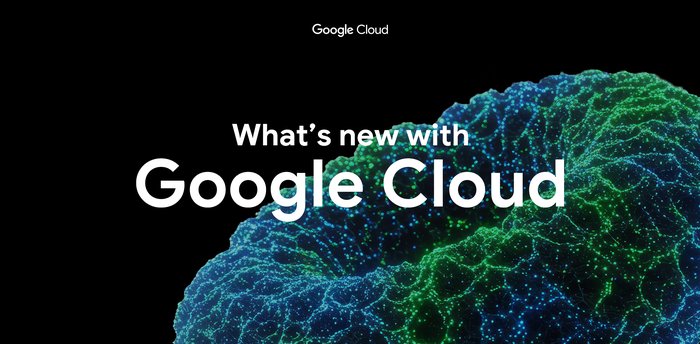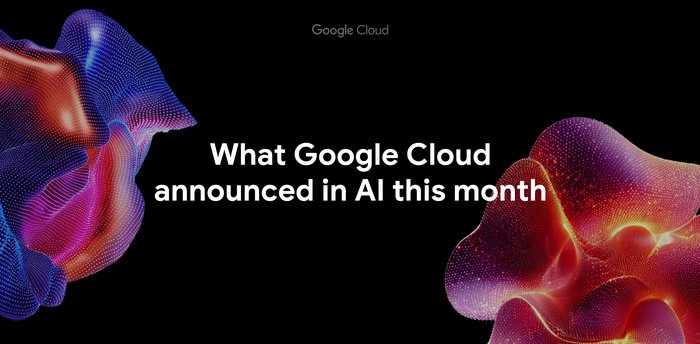Imagine the machine learning possibilities: this week on Google Cloud Platform
Alex Barrett
GCP Blog Editor, Google Cloud Platform Blog
Evernote, the latest company to announce their move to Google Cloud Platform, said this week that part of the appeal of GCP is gaining access to “the same deep-learning technologies that power services like translation, photo management and voice search.” Evernote didn’t elaborate on exactly how machine learning might manifest in its productivity software, though, so we thought we’d share some other examples that we’ve come across.
First and foremost, who can forget Makoto Koike, the Japanese farmer who used the Google-developed machine learning library TensorFlow to learn to sort cucumbers according to complex traditional criteria?
Then there are the bright folks over at Google DeepMind and their paper on WaveNet, which generates speech that mimics the human voice with much more natural-sounding results than current text-to-speech systems. Or Google’s recent solutions document in which university art students “experiment with DeepDream algorithms to render digital artwork using machine intelligence.”
Meanwhile, Google Developer Advocate Sara Robinson has unearthed some very practical use cases for machine learning. Check out this post, in which she takes us on on a whirlwind tour of the Cloud Vision API to detect landmarks, and this post on how to use it to filter inappropriate content. She then embarks on a series of posts on using Google Cloud Natural Language with BigQuery. Here’s a post on analyzing twitter posts about the Rio Olympics, and another that compares tweets about Hillary Clinton and Donald Trump.
(Speaking of the Natural Language API, if you need a bit of a primer on how to integrate it into existing projects, check out this post from digital consultancy White October on how to connect Cloud Natural Language API with Python on Google App Engine. Thanks, guys, for as you put it, filling what was “a definite lack of a ‘hello world’ sample showing the basics of how to connect to and call the API.”)
But really, the use cases for machine learning are just early examples, and it’s anyone’s guess what tomorrow’s killer machine learning app will be (Diane Greene discusses some pretty compelling examples of using machine learning starting at the 10:00 minute mark).
Perhaps you’ll be the one to come up with the next great use case for machine learning? Increase your chances by signing up for the new Udacity class on deep learning. Over 61,000 students have already signed up for the free three-month class!



